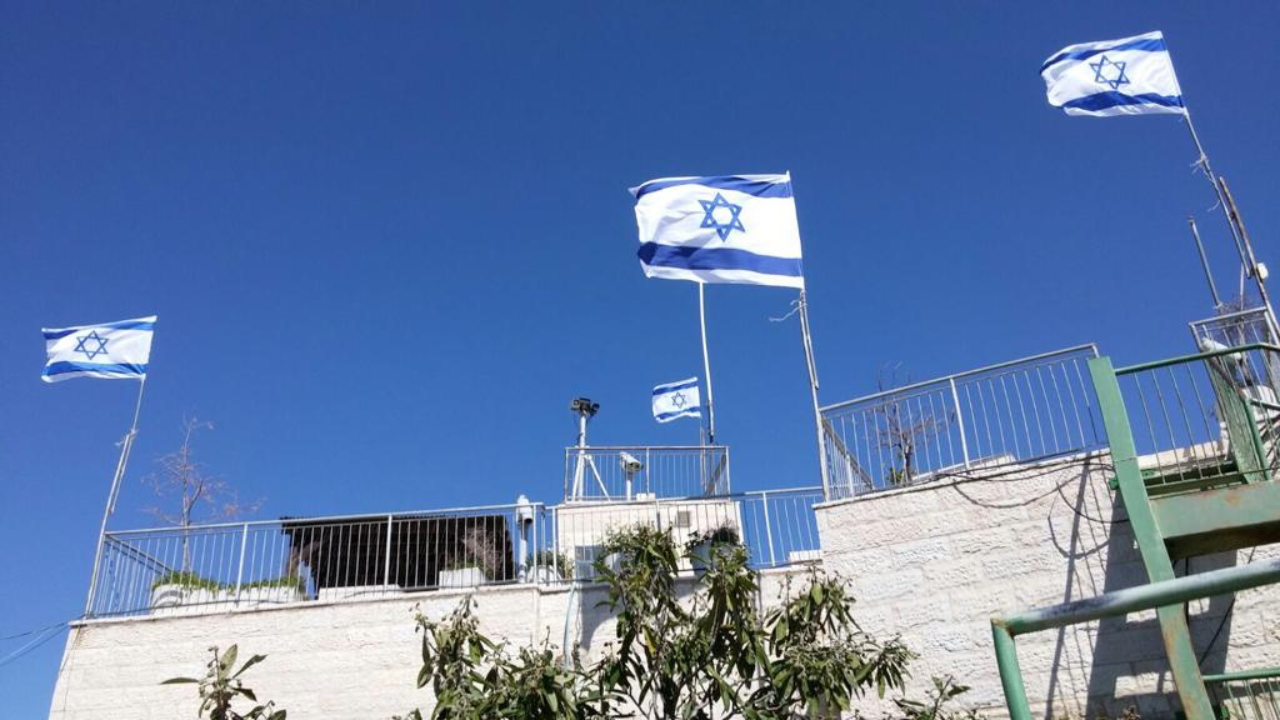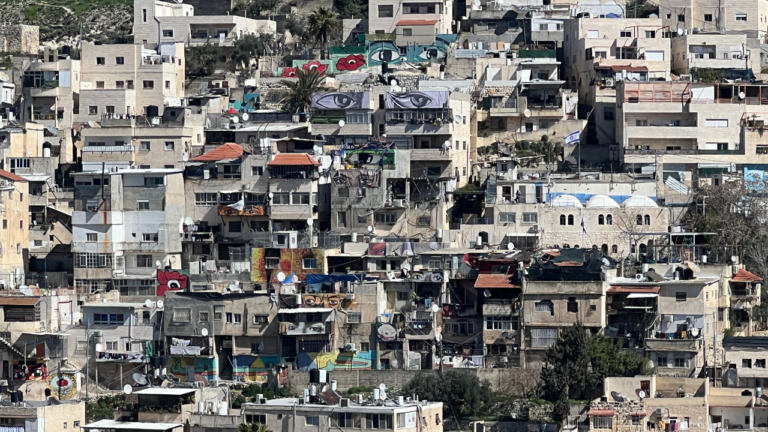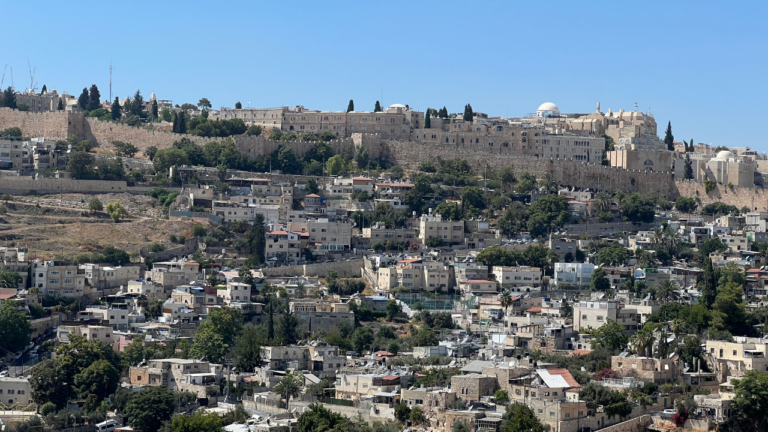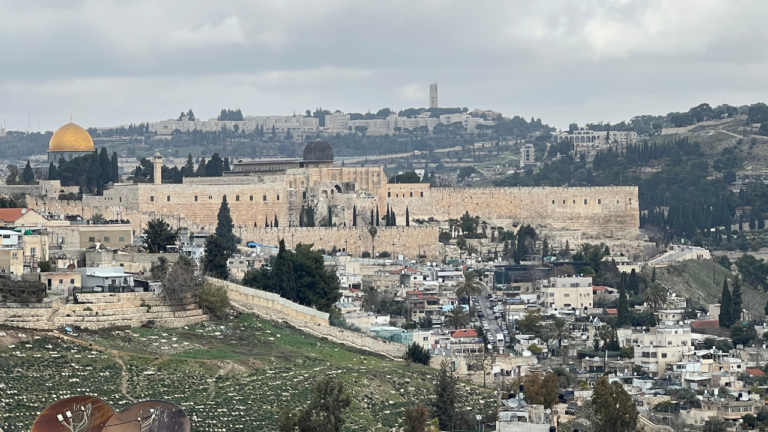The Intergenerational Jerusalem
After many decades of waiting, our parsha tells the story of Yitzhak’s birth. This miracle was met with great joy on the part of Avraham and Sarah and the Torah details that on the day that Yitzhak was weaned his parents celebrated with a “great feast.” At the early stages in Yitzhak’s life, though, we do not find information about his relationship with his parents. We know that Sarah is protective of him and argues for the banishment of Yishmael when the latter begins to be a negative influence. But more than this the Torah is silent.
It is at the Akeidah, on the way up to Mount Moriah that we begin to find more details. There we find the first explicit time that they converse:
Then Yitzhak said to his father Avraham, “Father!” And he answered, “Yes, my son.” And he said, “Here are the firestone and the wood; but where is the sheep for the burnt offering?” And Avraham said, “It is God who will see to the sheep for this burnt offering, my son.” And the two of them walked on together.
The precise meaning of the question and answer is vague and debated, but the result is clear: father and son walked in lockstep towards what will become one of the most consequential events in Jewish history. The generations were united on their way up the mountain of God.
We find a similar theme on Avraham’s way down from the mountain. The Torah emphasizes that “Abraham then returned to his young men” who had been waiting at the foot of the mountain. The Kotzker Rebbe explains that Avraham returned from the mountain with a greater appreciation for the potential of the younger generation.
After seeing Yitzhak’s dedication to God and his ability to walk together with his father, Avraham felt the ability and desire to connect with the young men who had been left behind. In a sense, this episode is the beginning of the amazing Jewish experience of the chain of masorah – of the ability for the older generation to pass on the tradition to the youth.
It is no coincidence that this episode occurs in Yerushalayim. The eternal city is the joint home for the old and the young, a place where all the Jewish people no matter their age can unite. Malachi the prophet teaches us that Eliyahu HaNavi will “return the hearts of the fathers to their children and the hearts of the children to their parents.” This vision will be actualized in Yerushalayim where all the generations will live in unison as the prophet Zecharya foretells:
Thus said God: There shall yet be old men and women in the squares of Yerushalayim, each with staff in hand because of their great age. And the squares of the city shall be crowded with boys and girls playing in the squares.
What began on Mount Moriah with Avraham connecting deeply to the younger generation will continue and be amplified in the messianic era.



